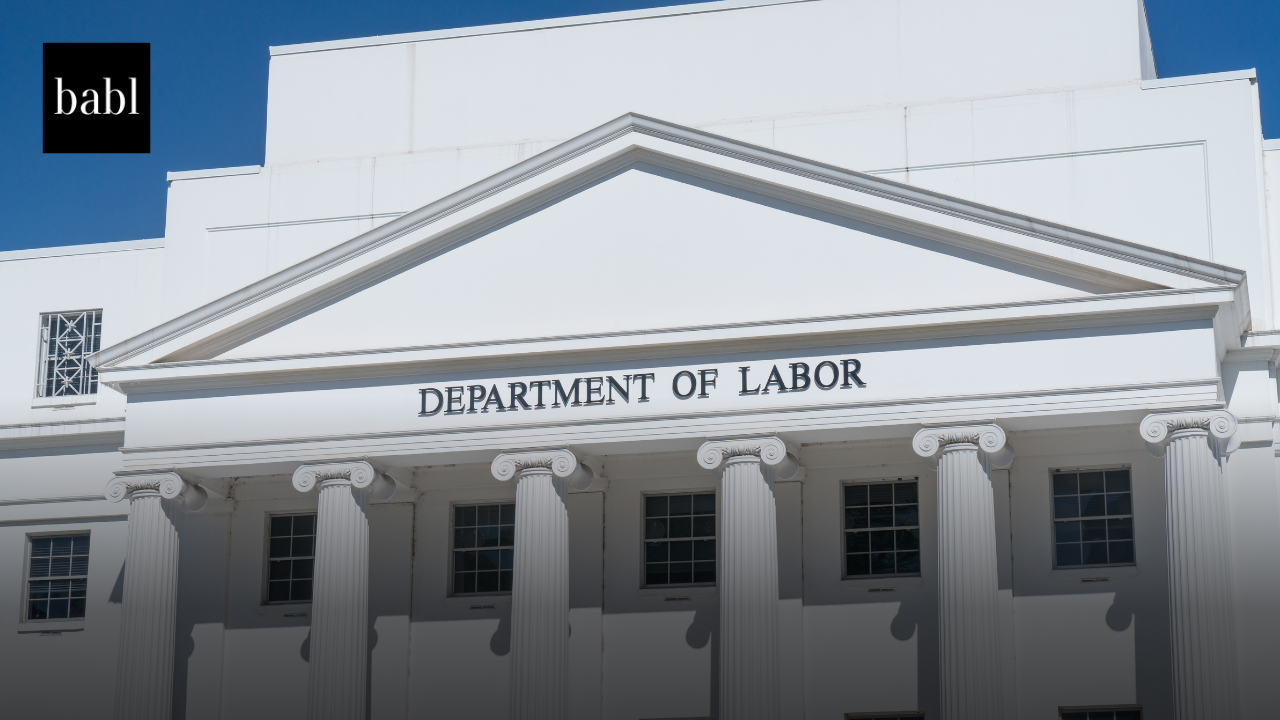The U.S. Department of Labor unveiled the “AI & Inclusive Hiring Framework,” a comprehensive tool aimed at helping employers use artificial intelligence (AI) technologies in recruitment while ensuring accessibility for disabled job seekers. The framework, published by the Partnership on Employment & Accessible Technology (PEAT), seeks to minimize unintentional discrimination and create a more inclusive hiring environment as AI-powered recruitment tools become more widespread.
Funded by the Office of Disability Employment Policy (ODEP), the tool offers practical steps for employers adopting AI hiring systems. It aims to ensure AI improves recruitment processes while supporting fairness and accessibility. As AI becomes more common in screening and evaluating job candidates, the framework encourages companies to make inclusion a top priority.
Ensuring Accessibility in AI-Driven Recruitment
AI tools often promise efficiency but can unintentionally exclude disabled applicants. Many algorithms used to sort résumés, schedule interviews, or analyze performance data fail to account for accessibility needs. This gap can result in discrimination if employers are unaware of how these systems make decisions. Assistant Secretary for Disability Employment Policy Taryn Williams said the framework balances innovation and inclusion. “Employers recognize that AI tools can improve recruitment but may also affect workplace culture and inclusion,” she said. “The AI & Inclusive Hiring Framework charts a clear course for navigating this transformation successfully.”
Grounded in Collaboration and Best Practices
The framework builds on the National Institute of Standards and Technology’s (NIST) AI Risk Management Framework, a widely recognized benchmark for responsible AI use. It also incorporates feedback from disability advocates, researchers, government agencies, and industry leaders. This collaborative approach ensures that the guidance addresses real-world challenges faced by disabled job seekers. The foundation for the framework was established during a PEAT Think Tank in April 2023. Ideas discussed there evolved through listening sessions and public dialogue, resulting in 10 key areas for employers to consider. Each area outlines goals, best practices, and measurable actions for reducing bias and improving accessibility in AI-powered hiring.
Advancing Fairness and Aligning with Federal AI Policy
A core objective of the framework is to prevent AI-driven hiring tools from creating new barriers for disabled applicants. The guidance helps employers recognize algorithmic blind spots, such as systems that overlook nontraditional communication methods or the use of assistive technologies. By following the recommendations, organizations can make AI an asset for inclusion rather than a source of discrimination. The initiative supports the Biden administration’s broader efforts to regulate AI in the workplace. It complements the White House’s 2022 Blueprint for an AI Bill of Rights, which calls for inclusive digital hiring practices for underrepresented communities. Together, these initiatives signal a nationwide push toward equitable and responsible AI adoption in employment.
Need Help?
If you have questions about AI hiring regulations or compliance, contact BABL AI. Their Audit Experts can offer valuable insight and ensure you’re informed and compliant.





